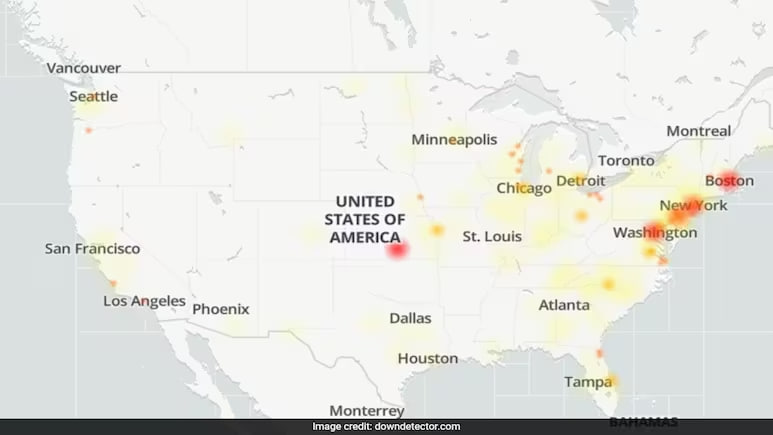In the rapidly evolving landscape of the internet, concerns about online privacy and security have become more pressing than ever. With an increasing number of cyber threats and the pervasive monitoring of online activities, users are seeking effective tools to safeguard their digital identities. Two popular solutions that have gained traction in this regard are decentralized Virtual Private Networks (VPNs) and SOCKS5 proxies. In this blog post, we will delve into what these technologies are and how they contribute to online privacy.
Decentralized VPNs: An Introduction
Traditional VPNs have long been a go-to solution for individuals seeking to enhance their online privacy. These services route users’ internet traffic through a secure server, encrypting the data in the process. However, centralized VPNs have their drawbacks, primarily revolving around concerns related to trust and data logging. Decentralized VPNs aim to address these issues.
How Decentralized VPNs Work
Decentralized VPNs leverage blockchain and peer-to-peer (P2P) technologies to distribute the network infrastructure among multiple nodes. Instead of relying on a single central server, these networks operate on a distributed model where each user becomes both a client and a server. This structure ensures that no single entity has complete control over the entire network, reducing the risk of data breaches and unauthorized access.
Benefits of Decentralized VPNs
Enhanced Privacy: By distributing the network across multiple nodes, decentralized VPNs eliminate the risk associated with a single point of failure. Users can enjoy increased privacy, as their online activities are not concentrated within a central server.
Reduced Vulnerability to Attacks: The decentralized nature of these VPNs makes them more resilient to DDoS attacks and other malicious activities. With no central server to target, attackers find it challenging to compromise the entire network.
Censorship Resistance: Decentralized VPNs can potentially bypass censorship attempts since there is no central authority that can be coerced into blocking specific content.
SOCKS5 Proxies: A Lightweight Alternative
While VPNs are comprehensive tools for online privacy, SOCKS5 proxies offer a simpler and more focused solution. SOCKS (Socket Secure) is a protocol that facilitates the routing of network traffic between a client and a server through a proxy server. The “5” in SOCKS5 refers to the version of the protocol.
Key Features of SOCKS5 Proxies
- Versatility: SOCKS5 proxies support various types of internet traffic, including TCP and UDP. This versatility makes them suitable for a wide range of applications, from web browsing to online gaming.
- Authentication: SOCKS5 proxies often come with authentication features, allowing users to add an extra layer of security by requiring a username and password for access.
- No Encryption: Unlike VPNs, SOCKS5 proxies do not encrypt the transmitted data. While this makes them less secure in terms of data protection, it also means that they generally introduce less latency, making them suitable for certain scenarios where speed is crucial.
The choice between a decentralized VPN and a SOCKS5 proxy depends on individual preferences and specific use cases. Decentralized VPNs are ideal for users seeking a comprehensive, secure, and privacy-focused solution, while SOCKS5 proxies are a lightweight option suitable for specific applications that don’t require encryption.
In conclusion, both decentralized VPNs and SOCKS5 proxies play significant roles in the realm of online privacy. Users should carefully evaluate their needs and preferences to determine which solution aligns best with their requirements, ensuring a safer and more secure online experience.






